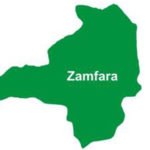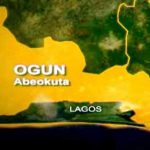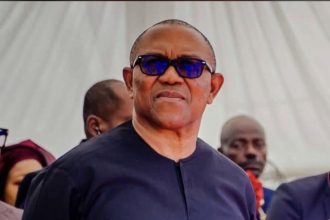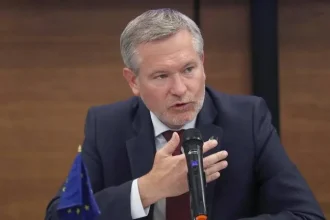Senate Minority Leader, Abba Moro, has advocated for Nigeria’s presidency to remain in the southern region come 2027, citing the need to respect the country’s longstanding, though informal, power rotation arrangement between the North and South.
Speaking during an appearance on Sunday Politics on Channels Television, the senator representing Benue South criticized the decision by the Peoples Democratic Party to field a northern candidate in the 2023 presidential election, attributing the party’s loss to that move.
“In 2023, the PDP decided to put its best foot forward and picked Atiku Abubakar against the code of the unwritten agreement on North-South presidency,” Moro said. “It backfired. The majority of Nigerians at that time chose a southern candidate to fulfill the righteousness of that convention.”
According to Moro, by 2027, the current presidency under southern-born Bola Tinubu will have completed four years—half of the typical eight-year tenure associated with the rotational arrangement.
“The reasonable thing to do is for the South to produce the next president to complete eight years. Automatically, even though unwritten, Nigerians will be looking up to the North to produce the next president in 2031,” he said.
While he stopped short of endorsing any specific candidate, Moro emphasized the importance of respecting the constitutional provision for a renewable four-year presidential term, urging all political stakeholders to uphold that standard “in both letter and spirit.”
He also addressed recent defections from the PDP, including those of former Vice President Atiku Abubakar and his 2023 running mate, Ifeanyi Okowa, offering a blunt assessment of their departures.
He described their exits as “good riddance to bad rubbish,” accusing both men of fueling post-election divisions within the party. Despite the internal turmoil, Moro expressed confidence that the PDP would recover and reestablish itself as a viable opposition force.
President Tinubu, who defeated Atiku and Labour Party candidate Peter Obi in the 2023 election, has declared his intention to seek re-election in 2027. His administration, however, faces mounting criticism over its management of the economy, marked by record inflation and widespread hardship.
In response, the opposition appears to be consolidating. On July 2, 2025, a coalition of opposition leaders—including Atiku, Obi, former Senate President David Mark, and ex-governors Nasir El-Rufai and Rotimi Amaechi—threw their weight behind the African Democratic Congress as a unified platform to challenge the ruling All Progressives Congress in 2027.
The coalition is banking on the combined electoral appeal of Atiku and Obi, who together amassed more than 12 million votes in the 2023 election—more than the official total secured by Tinubu, according to results from the Independent National Electoral Commission.











